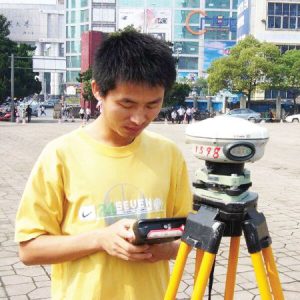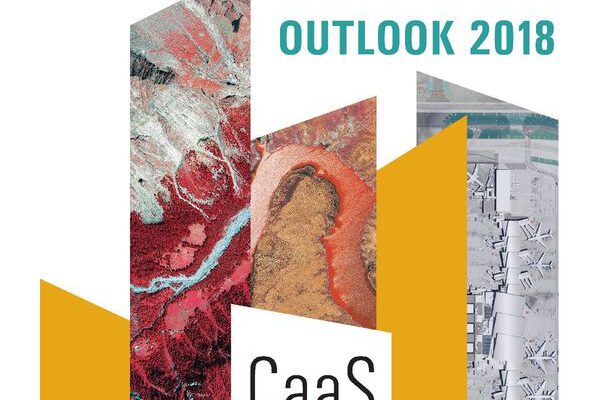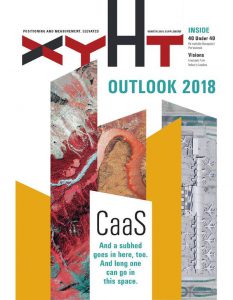 Postdoctoral Researcher, Wuhan University China
Postdoctoral Researcher, Wuhan University China
Behind every feature of your GNSS rover are years of R&D by talented researchers in the private sector and academia. The work of GNSS R&D has become more complex, with additional satellite constellations, new signals, and new approaches to processing, augmentation, and integration with other sensors. One of the global magnets for such development is Wuhan University, where finalist Lei Wang works as a postdoctoral researcher.
Lei earned his bachelor’s in geomatics engineering at Wuhan, then his doctorate from the Queensland University of Technology, specializing in reliability theory of GNSS ambiguity resolution. He was a visiting student a Delft University in the Netherlands and worked as a researcher for Australia’s Cooperative Research Center for Spatial Information. For Tersus GNSS, Lei worked as an engineer in RTK algorithms before returning to Wuhan. Chances are the work of Lei and other young GNSS engineers has already been reflected in your GNSS equipment, or soon will be.
This profile is one of 40 in xyHt’s 2018 Outlook issue. Click on the image below to read more.


